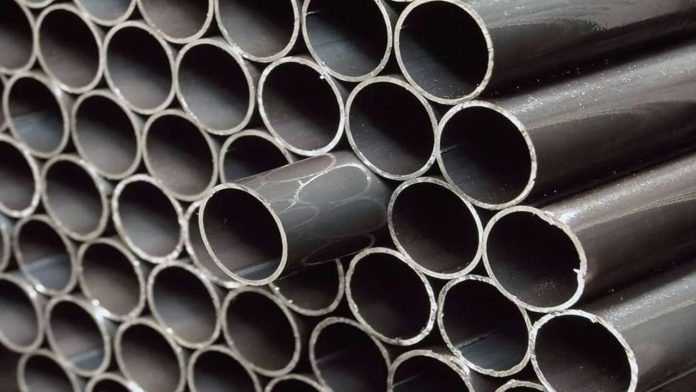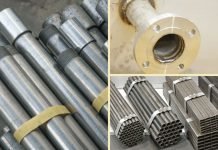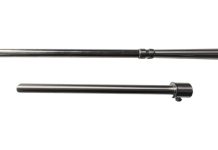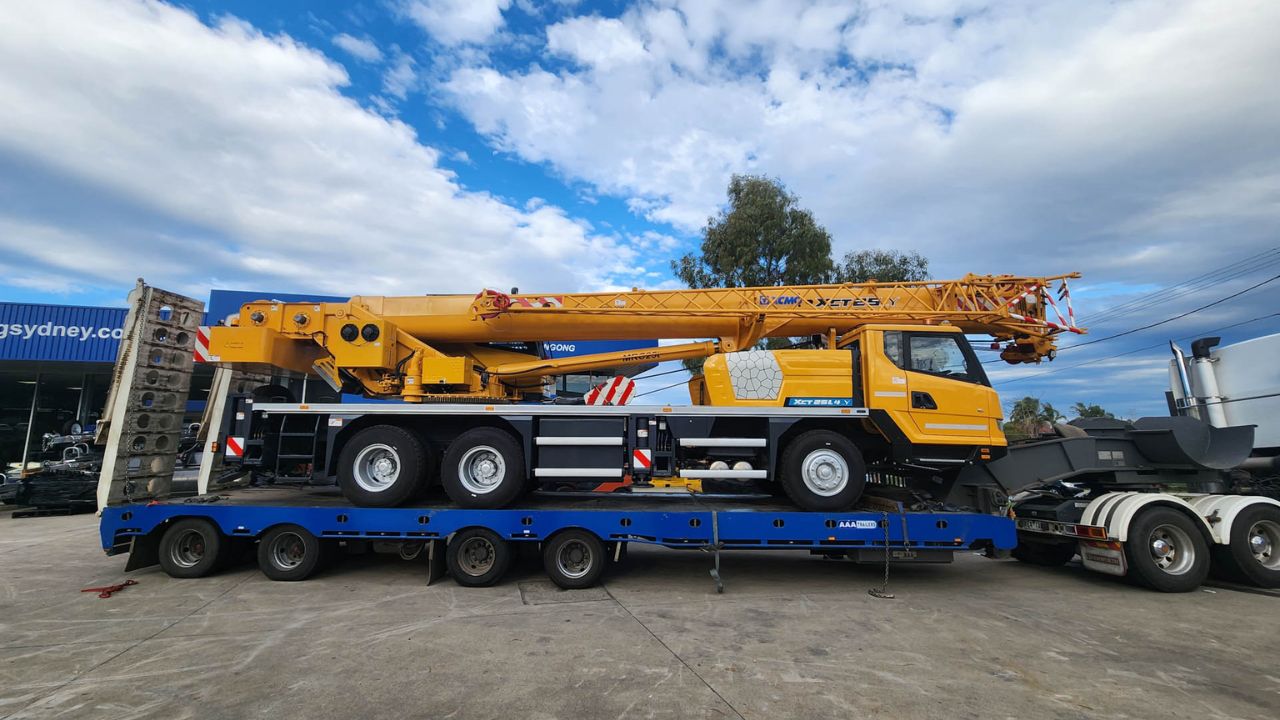A very common material in contemporary construction and industry is black steel. It is reputed to be strong, have a long life span, and be able to perform in most diverse environmental conditions. Black steel has no coating of zinc and other metals, as is the case with galvanized steel. Rather, it is black due to the natural coating of iron oxide formed during the manufacturing procedure and offers good performance, which is reliable. This paper answers this question by defining Black steel: Specifications, applications and properties, and explaining why it is a critical selection in most projects.
Specifications of Black Steel
The black steel pipes are generally made of carbon steel, of which the carbon level ranges between 0.0218 and 2.11. This is the spectrum that renders the steel tough and, simultaneously, malleable to such a degree that it can be maneuvered into different forms. The manufacturing of the pipes follows the global standards that inform the size, wall thickness, and performance of the pipes. Some common standards include:
- ASTM A500 addresses cold-formed welded and seamless pipes in structural applications.
- EN 10219, which establishes the requirements of non-alloy steel structural tubes.
- JIS G3444, which applies to carbon steel pipes used for construction and low-pressure services.
The specifications provide the safety of the black steel pipes in pipelines, building supports, and industrial systems. Through these standards, Tuspipe has provided products that are accepted and relied upon throughout industries.
Properties of Black Steel
The black steel’s popularity stems from its durability and corrosion resistance. Its thin oxide layer, formed during production, can accelerate rusting, but pipes generally last longer despite no specific coating. The mechanical strength of black steel is also in very good condition. It can withstand a lot of pressure, weight, and other harsh conditions without limping or bending easily. Its other valuable characteristic is that it is environmentally safe to be used in large buildings, pipelines, and machines. Black steel does not emit toxic substances in the course of use. This renders it a safe alternative to the transportation of water and other liquids that humans rely on in everyday life.
Applications in Construction
Black steel is the key in the building industry. It finds applications as a structural material in buildings, bridges, and infrastructure projects. Black steel is also used in water supply and drainage systems because it is very strong and durable, and requires less space compared to concrete. Black steel is used in pipes that distribute drinking and industrial water in the water supply. They are used in drainage systems to safely remove building wastewater. This is coupled with power and utility; thus, black steel is a strong and secure building material.
Applications in Industry
Black steel is also used in other industries other than in construction. It finds application in oil and gas pipelines where oil, natural gas, and other fuels run under high pressure. Black steel is favored by engineers due to its ability to withstand chemical attacks by these substances and stand up to many years of service in the chemical industry. They are also used in manufacturing, where they can withstand high temperatures and high pressures that are typical in chemical plants, rather than supporting production systems and fluids required in the processing. This makes it last longer, decreases the breakdown of the device, and increases its durability, thereby saving time and money in factories.
Comparison with Galvanized Steel
The other question that people always ask is how black steel compares to galvanized steel. Galvanized steel is then coated with zinc, which acts to prevent rust. Certainly, there are exceptions where black steel is applied because it is easy to work with, cheaper to apply, yet very strong, not like galvanized steel, which can be more effective in structure and industrial applications, as it is constantly subjected to water. Depending on the project requirements, engineers choose either of the two.
Benefits of Using Black Steel
The advantages of black steel can be summed up into three aspects: reliability, strength, and versatility. It is dependable in the sense that it is internationally set and works well in most environments. The extreme environment has no power to resist it since it is powerful enough to transport high-pressure pipes to high-rise buildings. This is versatile as it can be used in other industries such as construction, oil, and gas. Such testing not only assures that pipes are within specifications as required, but also provides long-term protection when in service.
Conclusion
Modern construction and industry have been established on black steel. It is a reliable choice that engineers and builders rely on because of its specifications that are supported by international standards. Its strength, durability, and safety characteristics enable it to work in hardening applications like pipelines, buildings, and industrial plants. The black steel pipes offered by Tuspipe extend these characteristics to ensure reliable solutions to meet the demands of the current projects. Black steel is one of the most useful lightweight materials in the building and industry sectors due to its performance-cost ratio.













